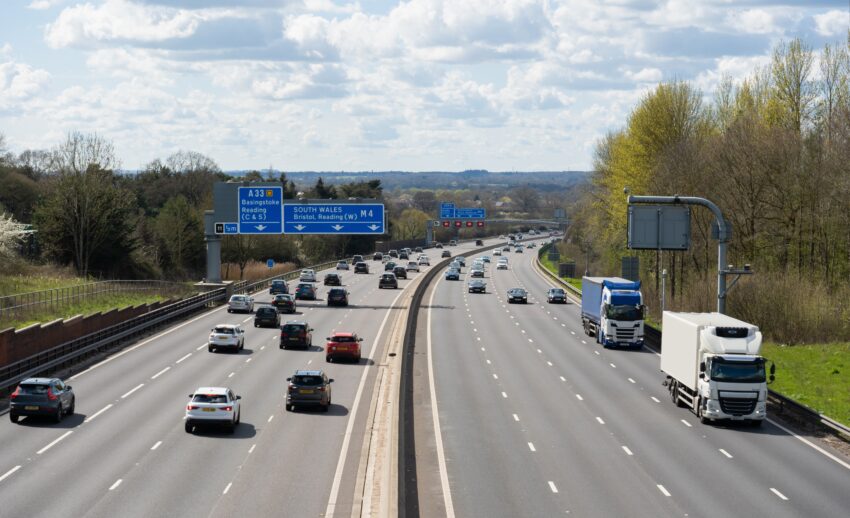Labour urged to consider ‘pay-per-mile road tax’ to cover fiscal shortfall
Labour must explore the implementation of a road pricing system to prevent a significant deficit in public finances, according to a senior civil servant at the Department for Transport.
Michael Dnes, head of future roads technology, has suggested that a “per-mile” tax on drivers could ensure that electric vehicle owners contribute their fair share. With the increasing number of electric cars, the Treasury is at risk of losing £25 billion in revenue from fuel duty, nearly half of the annual defence budget.
In a series of now-deleted posts on social media platform X (formerly Twitter), Dnes argued, “The obvious answer is to find another tax so electric motorists keep paying their share. But electric vehicles don’t use special electricity that you can tax. And a purchase or a registration tax won’t restrain gridlock. So you need some kind of per-mile cost. And that leads you back to road pricing.”
Dnes highlighted that the principle would mirror current fuel taxes, with potential adjustments for congestion, charging more on busy roads and less on empty ones. He acknowledged the unpopularity of such a measure and stressed that there is no “secret plan” to introduce it imminently.
One proposal for implementing the tax would be to apply it to future buyers of electric cars only, potentially easing political resistance. Dnes emphasised that while the decision is beyond his authority, there is a critical window for implementation as electric vehicle adoption increases but before they become ubiquitous.
The idea of road pricing is not new. The Resolution Foundation and the Tony Blair Institute for Global Change have both advocated for it. The latter’s 2021 report warned that cheaper driving could lead to increased congestion and economic costs. The Resolution Foundation also suggested a 6p-per-mile road tax on electric vehicles to offset the government’s revenue loss while keeping them cheaper than petrol or diesel cars.
Despite previous resistance from politicians and public opposition—over half of drivers opposed the idea in a recent Go Compare poll—Dnes’s public comments have reignited speculation that Labour may consider this policy under Sir Keir Starmer’s leadership following their election victory.
In his posts, Dnes warned that without addressing the issue, the tax system would become regressive, with petrol car drivers shouldering more of the tax burden. He proposed that road pricing for electric vehicles could be implemented using existing technology in the cars, requiring minimal new infrastructure.
Sir Iain Duncan Smith, a former Conservative leader, has criticised the idea, arguing that it would deter drivers, especially in London, where congestion charges are already high. He also condemned Dnes’s decision to publicly advocate for the policy, asserting that civil servants should not promote specific policies.
The Department for Transport has been asked to comment, and a government spokesman has stated, “These are the views of an individual and do not reflect government policy. We have no plans to introduce road pricing.”
Labour’s election manifesto did not detail plans for fuel duty or vehicle excise duty. However, it has pledged to reinstate the 2030 ban on new petrol car sales, previously set for 2035, signalling a strong push towards electric vehicles.
